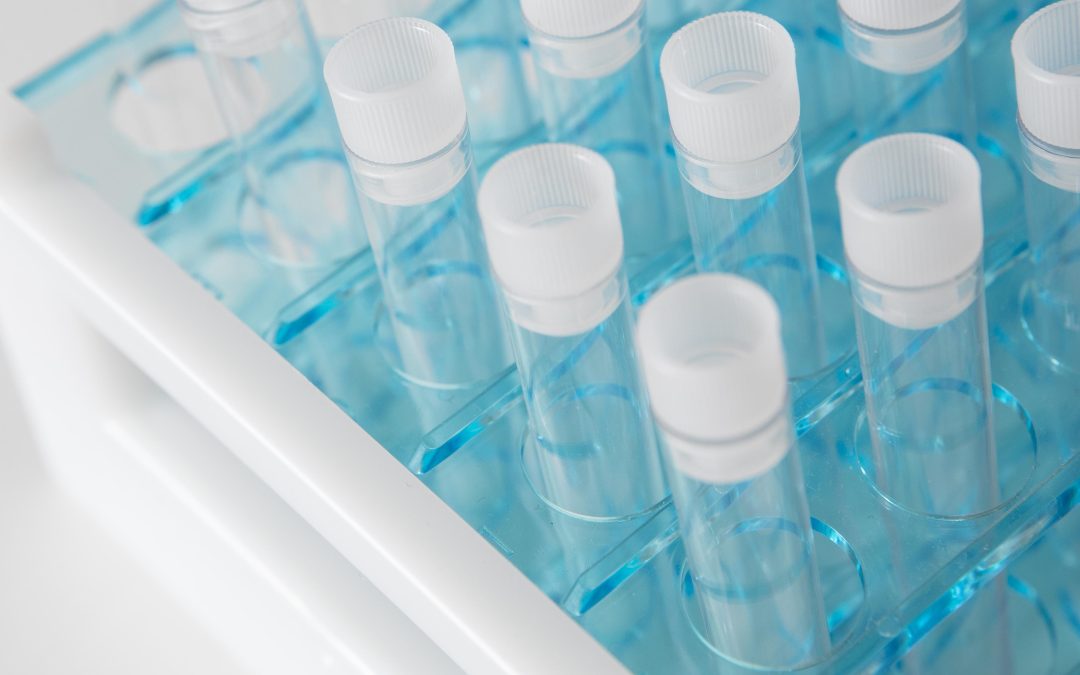The pharmaceutical industry faces significant challenges in managing its emissions due to the complexity of its production processes. At Tecam, with over 15 years of experience in the sector, we specialize in providing advanced technological solutions for environmental management in pharmaceutical plants, ensuring that the emissions generated are reduced efficiently and safely.
At Tecam, we understand the importance of sustainability and corporate responsibility. That’s why we are committed to constant innovation and adopting best practices to minimize the environmental impact of the pharmaceutical industry. Our goal is not only to comply with legal requirements but to exceed our clients’ expectations in terms of efficiency and sustainability.
General Actions in Industrial Emissions Treatment
Like other industrial sectors, the pharmaceutical industry faces common challenges related to emissions and water management:
Reduction of Greenhouse Gases (GHGs): All industries are under pressure to reduce their GHG emissions, such as CO₂, mainly derived from energy consumption. Implementing more energy-efficient technologies and opting for renewable sources is a key strategy.
Treatment of Volatile Organic Compounds (VOCs): These compounds, generated in various industrial processes, are harmful to both the environment and human health. Regenerative Thermal Oxidizers (RTOs), widely used in different industries, are essential for their treatment.
Wastewater Management: Industrial production generates wastewater that must be properly treated to prevent contamination of water bodies. This treatment includes covering basins and managing vents to prevent the release of harmful gases.
Pharmaceutical Industry Specificities
The pharmaceutical sector presents unique characteristics that require specialized solutions for emission control. These solutions must manage a wide variety of chemical and biological compounds, ensure the safety of personnel and the environment, and comply with strict international regulations.
Additionally, the technologies implemented must be efficient and sustainable to minimize environmental impact without compromising the quality of pharmaceutical products.
Emissions from API Production and Synthesis
The production of Active Pharmaceutical Ingredients (APIs) is one of the most critical processes in pharmaceutical plants. These processes involve a series of chemical reactions that generate complex and diverse emissions. VOCs, nitrogen oxides (NOx), and other toxic compounds can be released into the environment during the production of APIs and other synthetic products.
What do we eliminate? At Tecam, we offer solutions that eliminate emissions derived from all chemical processes, from raw materials to final formulations. This includes the capture and treatment of emissions generated in wastewater treatment plants (WWTPs) and venting processes that release potentially dangerous gases.
Operational Challenges in the Pharmaceutical Sector
One of the major challenges for the pharmaceutical sector is the coexistence of multiple chemical processes within a single plant. For instance, to obtain a single final product, it is common to combine various chemical reactions, generating a variety of emissions with distinct characteristics. Moreover, a pharmaceutical plant usually produces different products simultaneously, adding another layer of complexity.
This situation requires rigorous and efficient process management to ensure compliance with all environmental and safety regulations.
The implementation of advanced technologies and continuous monitoring systems is essential to control emissions and minimize environmental impact.
Additionally, ongoing staff training is crucial so they can properly manage different processes and respond effectively to any eventuality. Innovation and continuous improvement are fundamental to facing these challenges and ensuring the sector’s sustainability.
Customizing emission treatment solutions is essential in this context, ensuring a detailed analysis of each plant, considering whether chemical processes are linked or independent, to design systems that address emissions precisely and efficiently.
Specifics of Emissions from Wastewater Treatment Basins
Wastewater treatment basins in pharmaceutical plants are another source of emissions. During water treatment, gases and vents are generated that must be captured and treated.
At Tecam, we provide specialized technology, such as Regenerative Thermal Oxidizers (RTOs), which safely eliminate emissions generated from these basins once they are channeled.
Safety and Control in Complex Processes
In addition to emissions treatment, the pharmaceutical sector faces challenges in terms of safety. Synthesis and formulation processes can generate explosive mixtures due to the use of various chemical substances. The technologies we provide at Tecam are designed not only to eliminate emissions but also to ensure safety, with explosion relief systems and particle control.
Conclusion
The pharmaceutical industry faces unique challenges in emissions treatment due to the complexity of its processes and the coexistence of multiple chemical reactions.
At Tecam, we offer customized solutions that ensure efficient and safe treatment of emissions generated at each stage of production.
Our goal is to support pharmaceutical companies in their transition to more sustainable operations, protecting both the environment and the safety of workers and nearby communities.
Contact us to learn more about our technological solutions for emissions treatment for the pharmaceutical sector.

